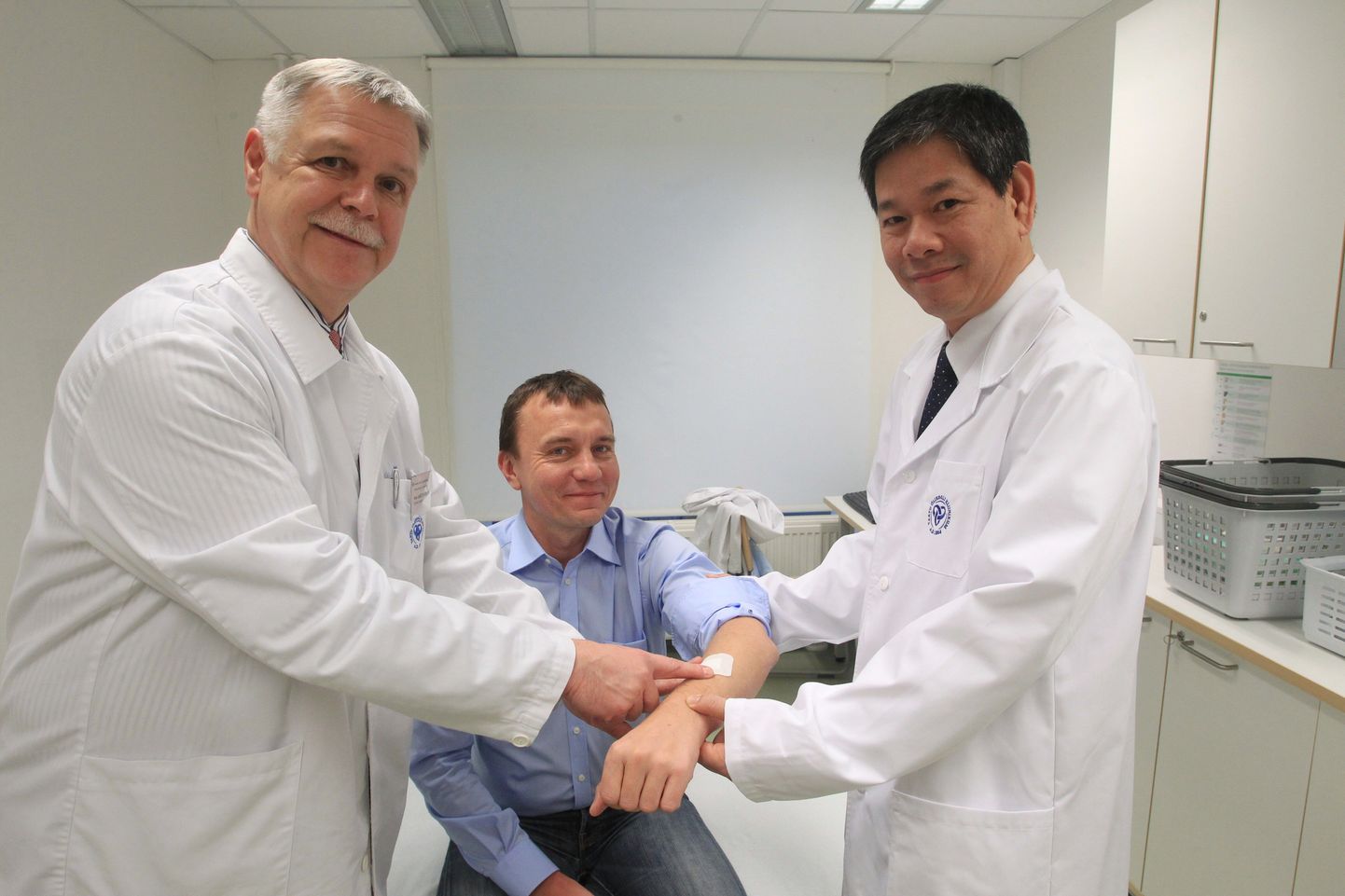According to University of Tartu pathological physiology professor and Vietnamese project head Sulev Kõks, cooperation with Hue University in Central Vietnam is aimed at improving medical education and practical skills of doctors, as well as in-service training.
«We have some Doctoral students in Vietnam whom we supervise. Also, we are involved in in-service training such as supervision of operations, introducing new health technologies, and teaching scientific methodologies. As an example of that, we have introduced external insemination at Hue University in Vietnam,» said Mr Kõks, now a visiting professor at said university. The cooperation is in its third year.
Indeed, artificial insemination was an option in Hanoi and the Hồ Chí Minh even before; still, said the professor, the vital technology is only applied in few places. In Central Vietnam, possibilities for artificial insemination used to be nonexistent.
«They had the equipment, but lacked the skills and the knowledge,» said Mr Kõks. The initial test tube baby was born in Hue in August 2014.
Barrenness rather widespread
At first glance one might think the nation of about 90 million, with families large as a rule, fertility would not be a problem. Even so, says Mr Kõks, barrenness is as frequent as in Europe. «But we do not know the exact data. The lack of vital information is one reason we are there – introducing genetic and epidemiological research as they do not have these locally at the moment.»

